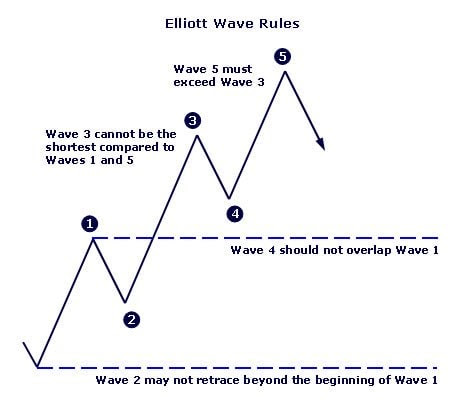In the world of finance, where traditional investments like stocks and bonds have long been the norm, MicroStrategy’s bold move into Bitcoin has sparked significant controversy. At the center of this debate are figures such as Peter Schiff, who is known to be skeptical of cryptocurrencies, and Michael Saylor, CEO of MicroStrategy, who has chosen Bitcoin as the future of money.
shares #Microstrategy It just hit a new 52-week low, down 90% from the record high set in February 2021. Shareholders will pay a heavy price @saylor‘s #Bitcoin mania. Don’t make the mistake of thinking 90% off is a good buy. This isn’t just a sale, it’s an out-of-business sale.
– Peter Schiff (@PeterSchiff) December 29, 2022
MicroStrategy for Bitcoin: Financial Chess or Ponzi Scheme?
Peter Schiff, a vocal critic of Bitcoin, recently took to X to express his concerns about MicroStrategy’s plans. Schiff noted that on the day Bitcoin’s price rose, MicroStrategy’s stock rose ($MSTR) actually decreased by 5.5%.
According to Schiff, this may indicate that Michael Saylor was dumping MSTR shares to buy more Bitcoin, thus propping up its price. Schiff framed this as a “game of chance,” wondering how long this financial manipulation could continue without collapsing like most Ponzi schemes.

Schiff’s criticism stems from his belief in traditional assets such as gold, which he sees as having intrinsic value due to their utility in various industries. In contrast, Bitcoin, in Schiff’s view, lacks such a utility, making its value purely speculative. This narrative positions MicroStrategy’s large investments in Bitcoin as a speculative bubble rather than a sound financial strategy.
explores: Detroit is accepting cryptocurrencies in exchange for taxes and fees in an effort to attract blockchain companies
On the other hand, Michael Saylor sees Bitcoin as the supreme property of the human race, a digital gold with enormous potential for capital preservation. MicroStrategy’s strategy under Saylor is to take advantage of the limited supply of Bitcoin against the backdrop of an expanding monetary base from central banks around the world. Saylor argues that this approach is not speculative but a progressive step to protect against inflation and depreciation of fiat currencies. Bitcoin path .cwp-coin-chart svg { stroke: ; Stroke width: ; }
price
Trading volume within 24 hours
Recent price action 7D
The value of the piece itself is estimated at approximately $107,000.
The United States should buy #Bitcoin And sell gold.pic.twitter.com/HD69iy1EAO
-Michael Saylor
(@sailor) December 7, 2024
Elliott Wave Theory: Predicting the Future of MicroStrategy MSTR Stock?
In the midst of this financial tug of war, another perspective emerges from the field of technical analysis, particularly through the lens of Elliott Wave Theory. This theory, named after Ralph Nelson Elliott, posits that market prices move in recurring patterns or waves, influenced by investor psychology.

(source)
Tweet by @Freedom_By_40 He proposed applying Elliott Wave Theory to analyze MicroStrategy stock movements. This theory can provide insight into whether a stock’s recent performance is part of a larger wave pattern indicating future growth or decline. If MicroStrategy’s stock price decline is part of a corrective wave, it could rebound strongly, reflecting bullish market sentiment toward Bitcoin and, in turn, toward MicroStrategy.
$MSTR Detailed count of the rest of the cycle.
For those who are new here, please don’t care about time as much as price (time is just a best guess because EW is not based on time it is based on price). https://t.co/rU3b4xTLER pic.twitter.com/SUNCckzpVR
– Freedom at the age of forty (@Freedom_By_40) December 18, 2024
However, if this decline signals the beginning of a downward wave, it may indicate that the market is losing confidence in Bitcoin’s long-term value proposition or in MicroStrategy’s strategy of supporting its financial stability with Bitcoin. Such analysis could be crucial for investors trying to predict the sustainability of MicroStrategy’s approach to navigating a volatile cryptocurrency market.
The controversy over MicroStrategy’s Bitcoin investment strategy includes broader questions about the future of money and investing. Peter Schiff’s critique highlights the dangers of speculative bubbles, while Michael Saylor’s call for Bitcoin underscores the vision of the digital asset transforming traditional finance. Meanwhile, tools such as Elliott Wave Theory provide a way to predict potential outcomes based on historical market behavior.
explores: 11 Best AI Cryptocurrencies to Invest in 2024
Join the 99Bitcoins News Discord here to get the latest market updates
The article Decrypting MicroStrategy’s Bitcoin Strategy: Ponzi Scheme or Genius Investment? appeared first on 99Bitcoins.
